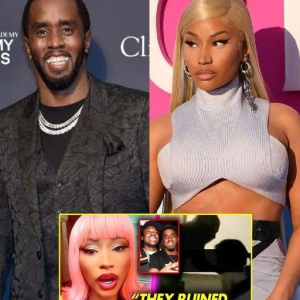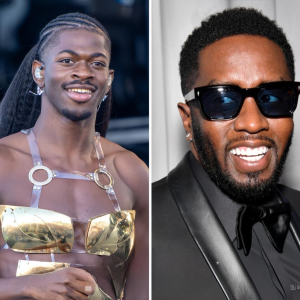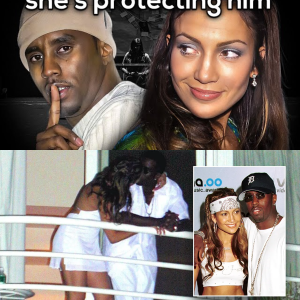In a storm of controversy, political commentator and former Fox News anchor Megyn Kelly has made waves by calling for a boycott of pop sensation Taylor Swift. Kelly’s latest comments, which have sparked widespread debate, come in the wake of Swift’s attendance at a charity event aimed at providing humanitarian aid for Gaza. The charity event, which was organized to raise awareness and funds for civilians impacted by the ongoing Israeli-Palestinian conflict, saw the attendance of numerous high-profile celebrities and activists, including Swift.
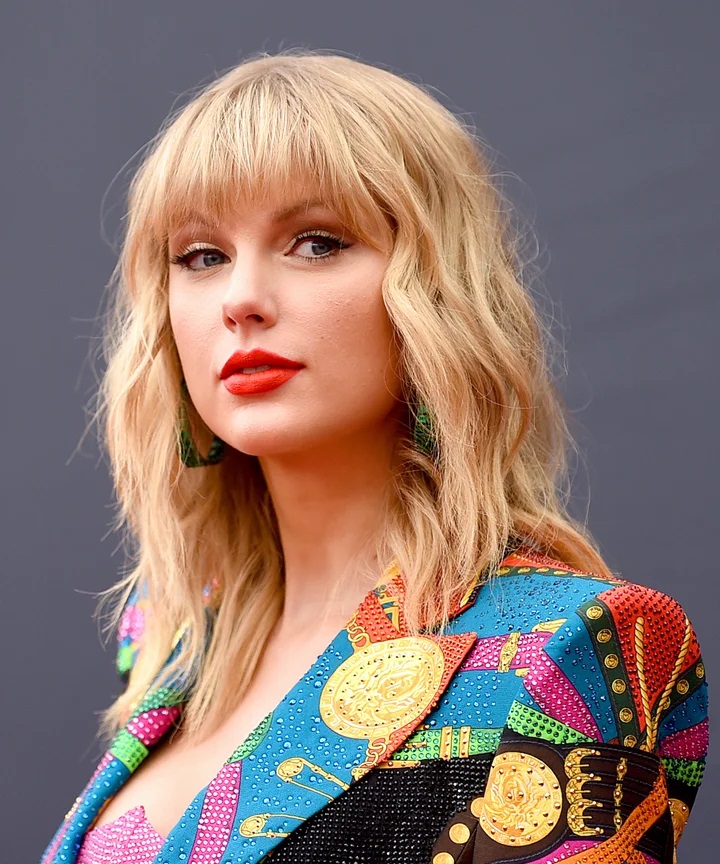
The Gaza charity event, which sought to highlight the dire need for humanitarian assistance in the region, took place in a climate of deep polarization over the Israeli-Palestinian conflict. Swift’s decision to participate in the event was viewed by many as a show of solidarity with Palestinian civilians who have been caught in the crossfire of a decades-long conflict. While many praised her for her humanitarian stance, Kelly, on her popular podcast The Megyn Kelly Show, took issue with the singer’s involvement.
Megyn Kelly’s Outcry
Kelly’s comments during her podcast were forceful and unequivocal. She condemned Swift for what she described as “aligning with anti-Israel sentiment” and accused the singer of lacking awareness about the broader implications of her actions. According to Kelly, Swift’s presence at the event was seen as a tacit endorsement of a political narrative that she believes vilifies Israel. The political commentator emphasized that the issue wasn’t merely about humanitarian aid, but about Swift’s perceived association with groups and individuals critical of Israel’s policies.
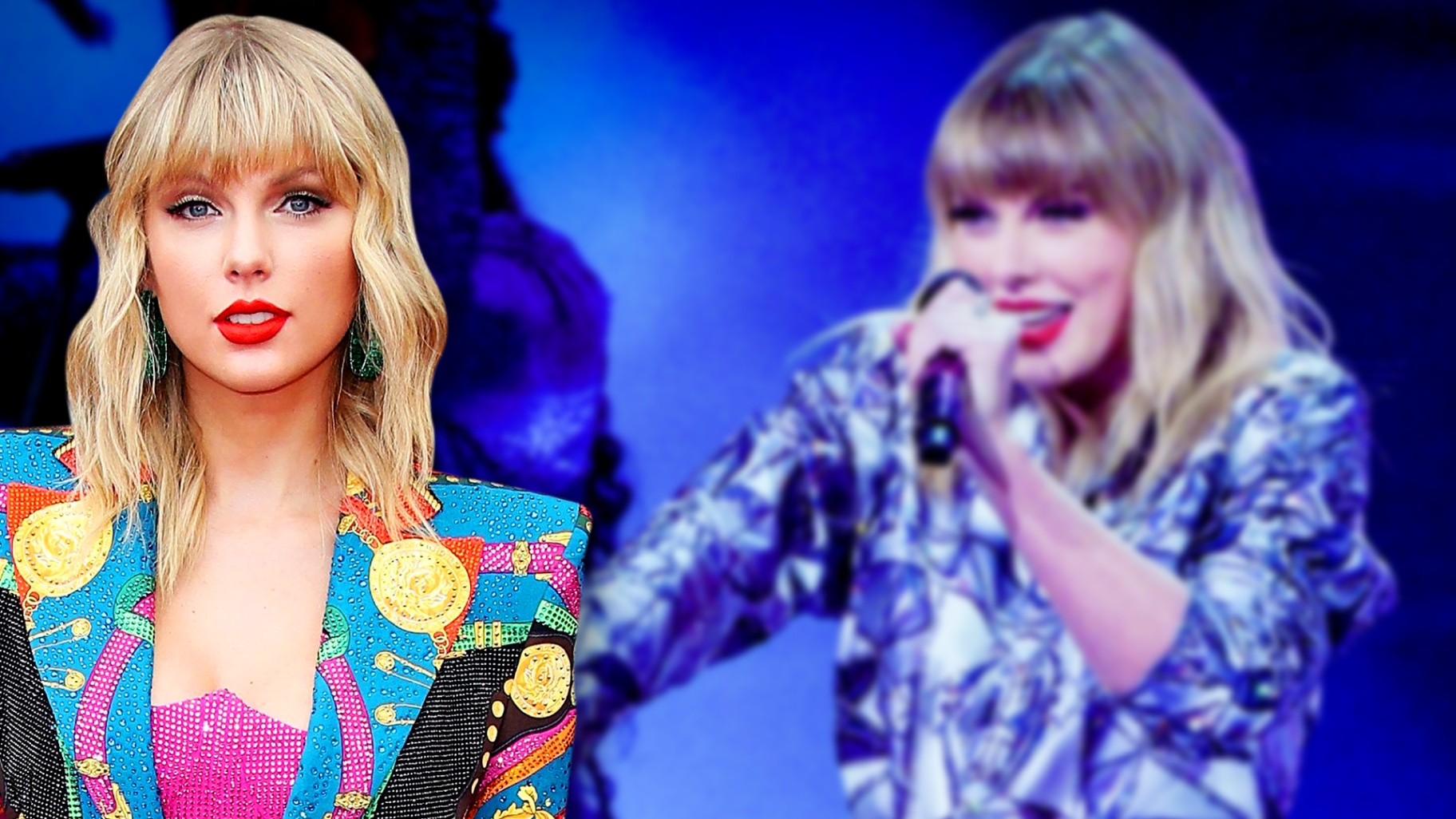
“I used to love Taylor Swift’s music,” Kelly said on her show. “But after this, I can’t in good conscience support someone who attends an event that indirectly sides with a regime that promotes terror. We need to send a message that we won’t tolerate celebrities using their platforms to push divisive political agendas.”
Kelly’s call for a boycott comes at a time when cultural and political tensions over the Israeli-Palestinian conflict have grown more pronounced in American discourse. She urged her listeners to stop supporting Swift’s music, purchasing her albums, and attending her concerts as a form of protest against what Kelly perceives as Swift’s misguided political alignment.
The Reaction
Kelly’s remarks have ignited a firestorm of debate on social media and across news outlets. The hashtag #BoycottTaylorSwift began trending on platforms like X (formerly Twitter), as both supporters and critics of Kelly’s call-to-action took to the internet to express their views. On one hand, some conservative commentators and supporters of Israel have echoed Kelly’s sentiment, arguing that celebrities should be more careful about the causes they endorse, especially when it involves sensitive geopolitical issues.
On the other hand, Swift’s fans and many humanitarian advocates have rallied behind the singer, defending her decision to attend the event. They argue that the charity event was focused on providing relief to innocent civilians affected by the conflict, and that Swift’s attendance should not be construed as a political statement. Many pointed out that offering aid to those in need, regardless of nationality or political affiliation, is a moral imperative.
Prominent voices in the entertainment industry have also weighed in. Fellow musicians and celebrities like Billie Eilish and Selena Gomez, both of whom have publicly supported humanitarian causes in the past, have expressed solidarity with Swift. In a now-viral post, Eilish stated, “Humanity should always come first. Helping people in need isn’t a political stance—it’s about compassion.”
Swift’s Response
Taylor Swift, known for her notoriously private nature when it comes to political matters, has not yet issued a formal statement addressing Kelly’s comments or the growing calls for a boycott. However, sources close to the singer have indicated that Swift was primarily motivated by her desire to help those suffering in Gaza, and that she viewed the charity event as a non-political initiative aimed at addressing the humanitarian crisis.
One source stated, “Taylor has always believed in using her platform for good, whether it’s advocating for LGBTQ+ rights, gender equality, or simply helping those in need. She attended the Gaza charity event with the sole intention of raising awareness about the civilians, especially children, who are bearing the brunt of this conflict. She wasn’t there to make a political statement.”
Despite the ongoing backlash, Swift’s core fan base—often referred to as “Swifties”—has remained largely undeterred by Kelly’s remarks. Many of her fans have taken to social media to express their continued support, sharing messages of encouragement and love for the singer. Some have even started the hashtag #IStandWithTaylor, which has gained significant traction online.
The Broader Implications
Kelly’s call for a boycott of Taylor Swift raises broader questions about the intersection of politics and celebrity. In today’s increasingly polarized world, public figures, especially those as influential as Swift, are often scrutinized for their political affiliations and charitable activities. Celebrities who engage in social justice or humanitarian efforts may find themselves entangled in political debates, even when their intentions are purely benevolent.
For Kelly, the issue appears to be about accountability. She has long been an outspoken advocate for conservative values and has frequently criticized celebrities whom she believes are promoting liberal agendas. Her latest comments on Swift are consistent with her broader critique of Hollywood, which she claims is overwhelmingly left-leaning and out of touch with mainstream American values.
However, critics of Kelly argue that her stance is emblematic of the growing tendency to politicize humanitarian causes. They suggest that Kelly’s call for a boycott reflects an unwillingness to separate genuine efforts to help those in need from the complex political narratives surrounding the Israeli-Palestinian conflict. By framing Swift’s attendance as a political act, some argue that Kelly is undermining the fundamental human need to assist those who are suffering.
What Happens Next?
As the controversy continues to unfold, it remains to be seen whether Kelly’s call for a boycott will have a lasting impact on Taylor Swift’s career. Swift, who is currently one of the most successful musicians in the world, has faced public scrutiny in the past but has consistently maintained her position as a beloved figure in the entertainment industry. Whether or not the boycott will gain significant traction, or whether it will ultimately fade into the background, remains unclear.
What is certain is that Kelly’s comments have further fueled the ongoing conversation about the responsibilities of celebrities when engaging with political and humanitarian causes. For now, Taylor Swift’s future actions, and her potential response to Kelly’s call for a boycott, will be closely watched by fans and critics alike.
In a world where the lines between celebrity, politics, and activism are becoming increasingly blurred, the debate over Swift’s involvement in the Gaza charity event is likely to serve as a flashpoint for broader discussions about the role of public figures in contentious global issues. For better or worse, Taylor Swift finds herself once again at the center of the cultural conversation.

